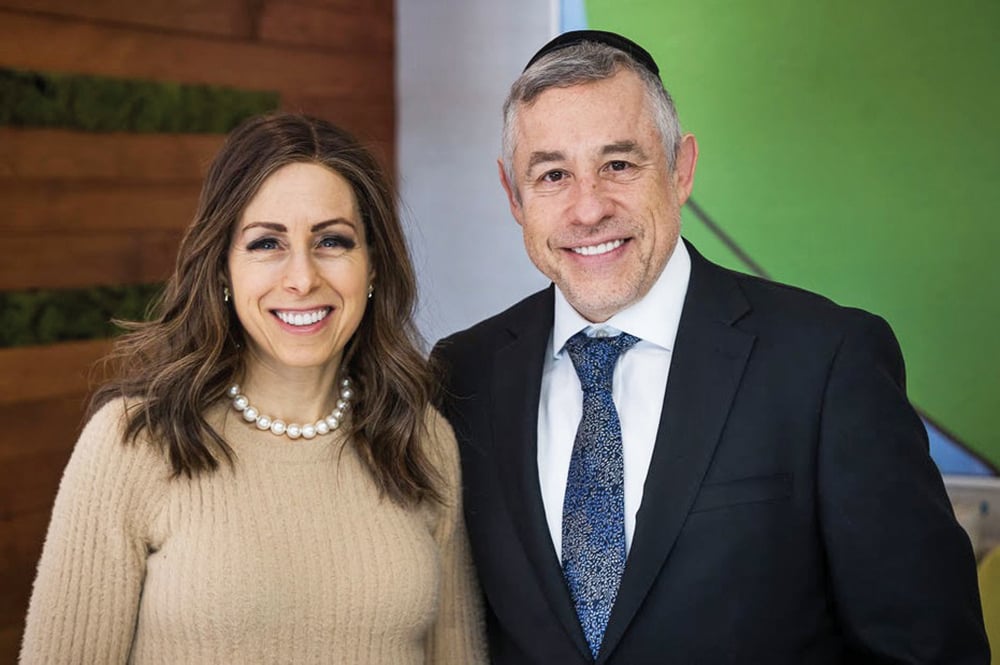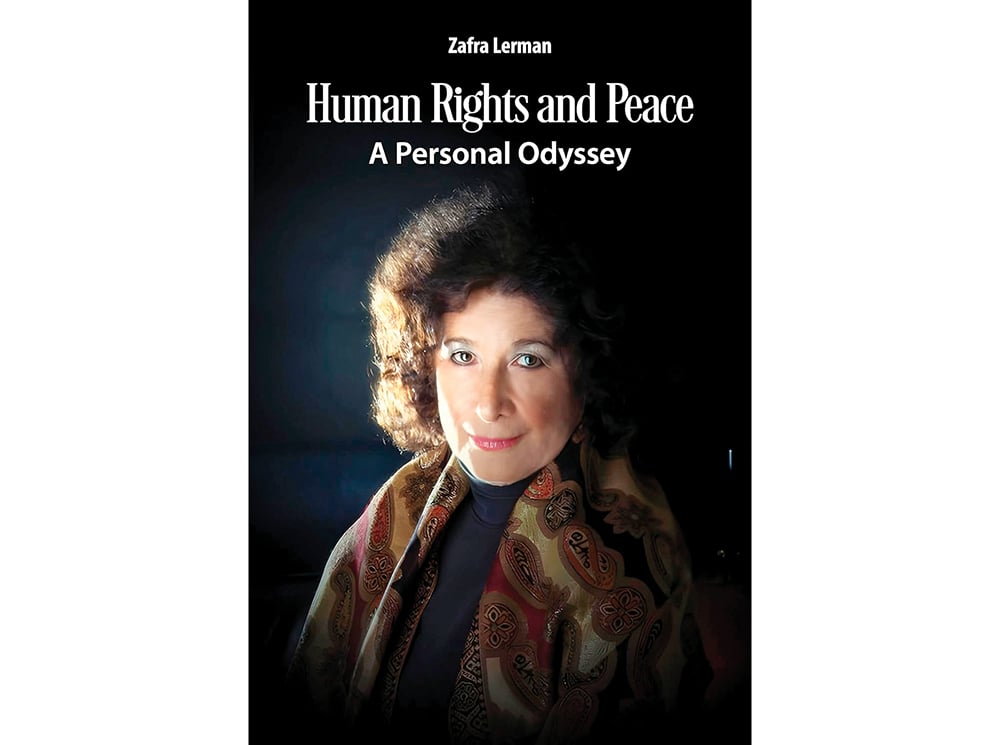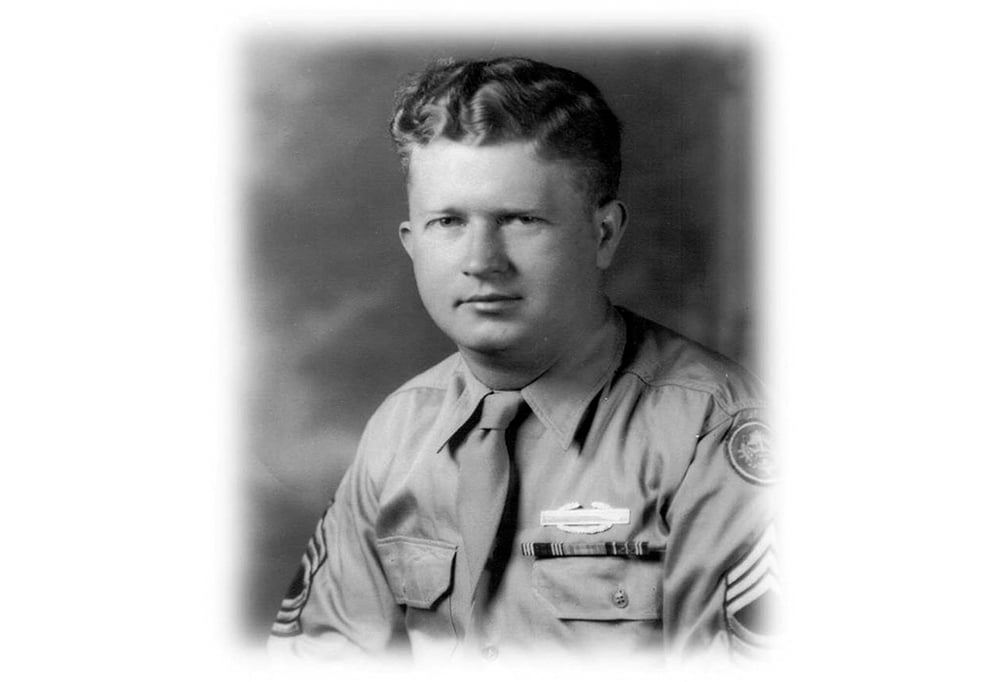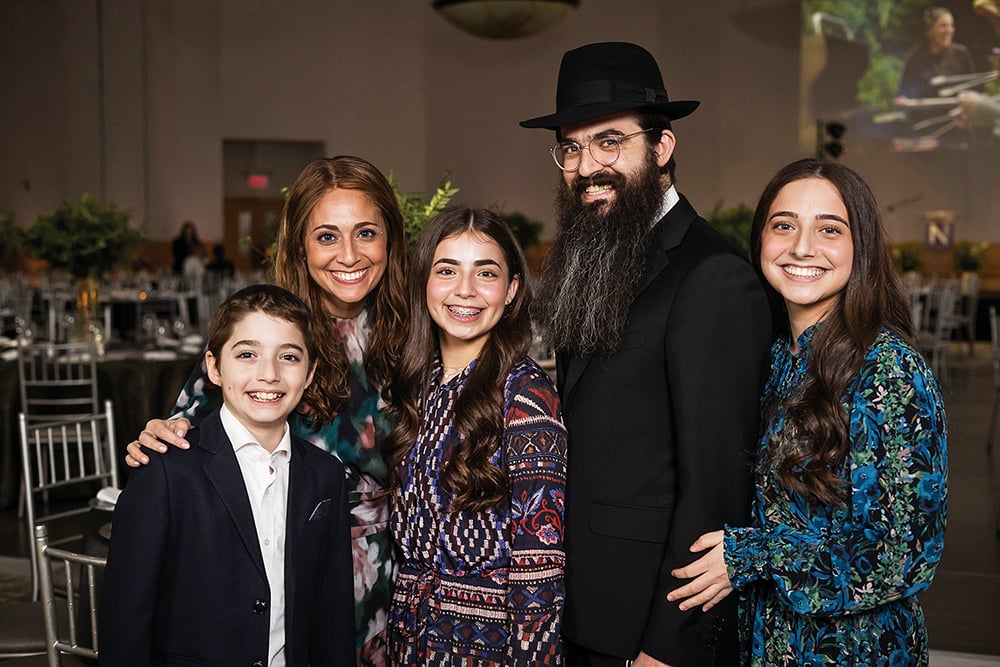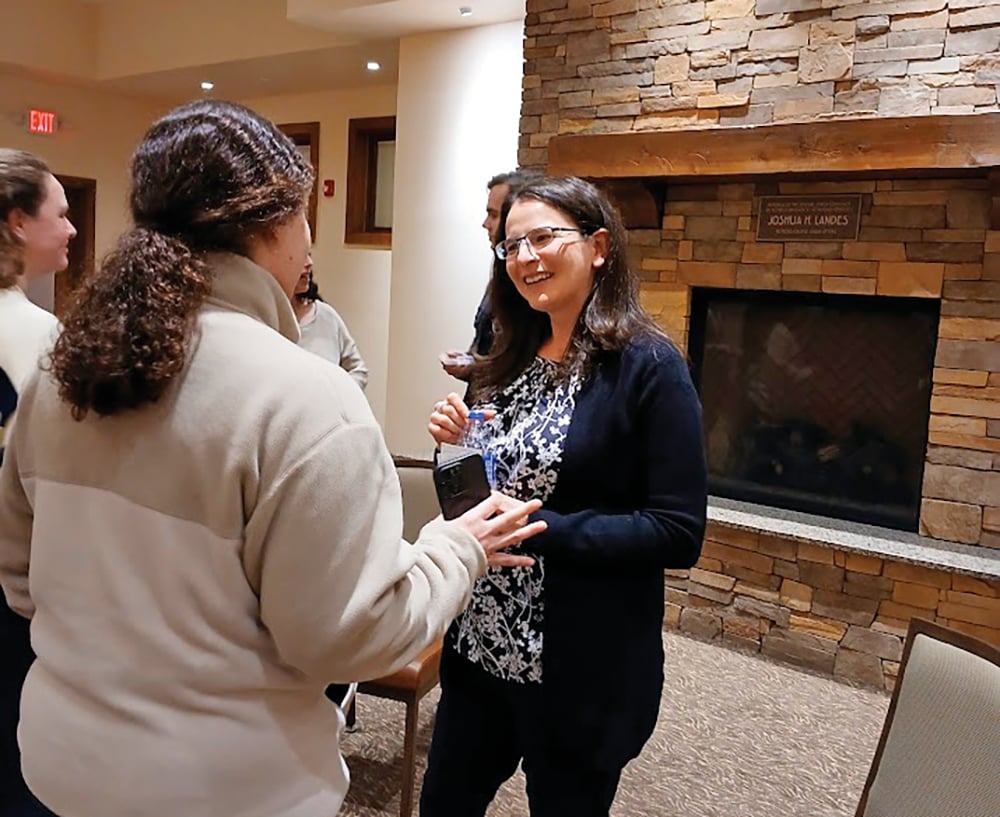Each week, I typically enjoy reading the halachic column of Rabbi Chaim Jachter, especially as his style takes me back to the wonderful Sefardic teshuvot I have learned over the years. This past Shabbat, however, I read R’ Jachter’s column with consternation (“A Breakthrough Insight Into The Tanur Shel Achnai Incident” December 16, 2021), as I worry that a very fine halachic mind was attempting to represent a seminal aggadic text (the Tanur Shel Achnai), a task that (it seems) he short-changed. Unlike halachic texts, Aggada cannot be summed up as a maskana (conclusion) and a few remarks about the halachic feasibility of ruling le-chumra or le-kula! Although that is a worthwhile discussion to have, to read the story of Tanur Shel Achnai that way distorts (and perhaps cheapens) the very difficult issues with which the text actually deals: decision-making by Chazal, human dignity, acknowledging one’s mistakes and more. To see how the story functions, I recommend this learned article treating it in its context, by Yael Shahar. It can be found online (“Tanur shel Akhnai; a tale of two methods”).
To read into the text which position is to be understood as a chumra and which as a kula—when the text of the Gemara, never shy about such designations, avoids doing so—is to read it irresponsibly! To then bash the Conservative Movement’s Rabbinical Assembly (whose Law Committee actually decided their teshuva about driving to shul on Shabbat based on that same principle (acharei rabim lehatot—majority rule, despite misgivings of the minority) rather than simply doing what “was convenient” (a kula, as R’ Jachter characterized it) was a missed opportunity to take a text about halachic nuance seriously.
I hope that in the future, R’ Jachter will return to actual halachic diyun (decision making) rather than the theoretical arguments he entertained in explicating the Tanur Shel Achnai. When I taught my high school students this text last year they were able to understand the complexity of the story (in its various iterations in the Bavli, Yerushalmi and Tosefta) and the extraordinarily important message about how scholars should—and should not—disagree. As the Gemara portrays it (in the continuation of the story), the fate of the world hangs in the balance!
Rabbi David BockmanGolda Och Academy



